If Parrikar’s Hanuman Analogy Was Ok, Then So Is Rahul Gandhi’s ‘Khoon Ki Dalali’
In the days after the “surgical strikes” announced by the Indian government and the DGMO, we are witnessing Hindutva flexing its muscle in way perhaps not yet seen before and confirming the worst fears of those who warned of growing intolerance.
Like the Ram Janmabhoomi movement, led by Hindutva parties that unfolded in the public view culminating in the demolition of the Babri Masjid by Hindu Kar Sevaks, Hindutva forces are rising again, only this time linked to nationalism. The images and rhetoric are alarming.
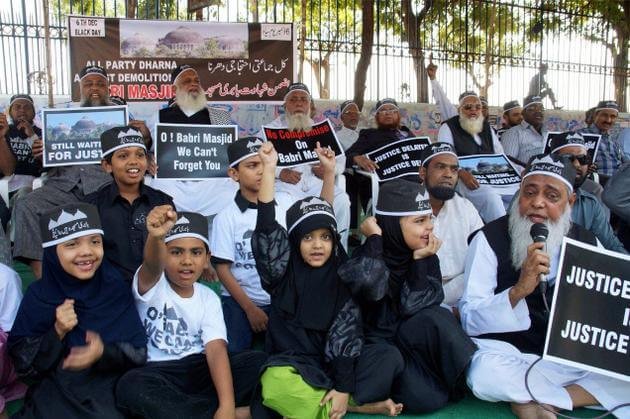
Also in UP, actor Nawazuddin Siddiqui has been forced out of the local Ram Leela by Shiv Sena on grounds that a Muslim cannot participate in the Indian mythology production, even though crew has said that Muslims have been part of the production before in backend, though not leading roles, and the event with Siddiqui has been advertised and many were keen to see it because he is a star attraction.
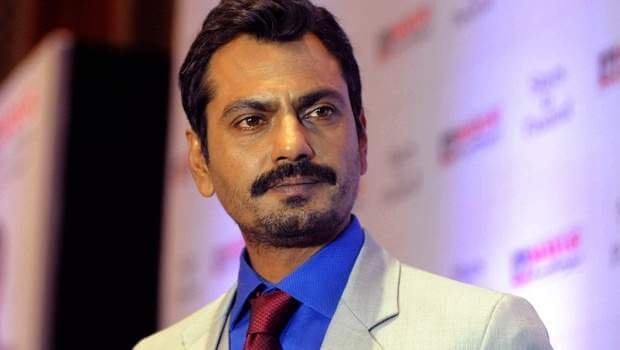
This is only after MNS has been carrying out a relentless campaign in Mumbai to drive Pakistani actors out of the country - an inexplicable campaign, considering visas are given by government and there is no restriction on other trade and travel diplomacy announced by government, therefore becoming a tool of harassment of individuals. Nevertheless, the move has found support in the leading English channel Times Now which has carried out a nightly exercise in drumming up support for this boycott, in the name of national interest and patriotism.

As sentiments are whipped up – an Indian Muslim targeted for the crime of participating in a “Hindu” play, or Salman Khan told to “Go To Pakistan” for supporting Pakistani artistes in India, Pakistani Muslims working in India being singled out via media and told to decry Uri attack by fellow artistes like Anupam Kher. This even as “beef” continues to be used against lynching victim Akhlaq even after his death. Given all of this is taking place in the garb of nationalism, with no regard to reason, the situation calls for serious introspection.
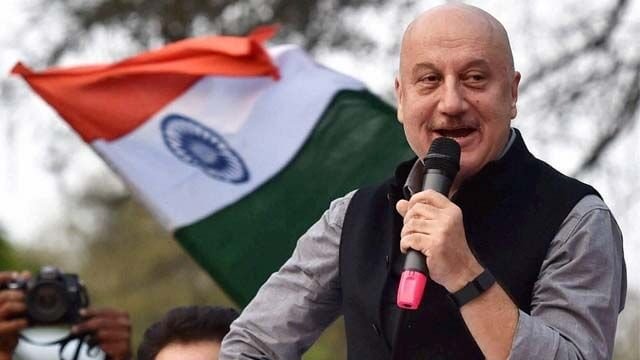
Prime
Minister Modi, who has reportedly told his colleagues to refrain from
chest thumping (once in the immediate aftermath of the strikes, and
again, after Parrikar’s Hanuman hungama) cannot absolve himself of
responsibility just by statements even as his colleagues and supporters
do exactly the opposite of what he says.
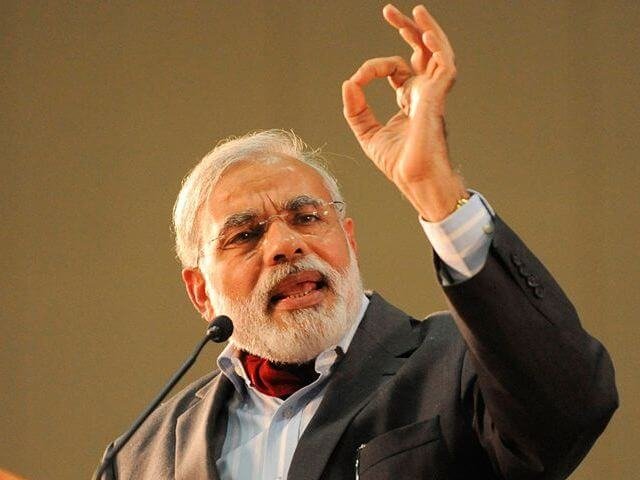
As PM, Modi cannot afford to say he tells Hindutva elements to pipe down but they don’t listen, especially – though not only -- his own cabinet ministers. It only adds to the already existing perception in some quarters that the BJP is two tongued, speaking its core ideology Hindutva to one audience and Constitution to the other, for legitimacy.
Unlike
during the Ram Janmbhoomi mobilisation, there are now twenty four news
channels giving live updates on the (Hindu) nationalism mobilisation
around the country. That would be reassuring as a check if it were not
for the worry that a large section of this media is seen as complicit in
whipping up passions. Consider, for one, the coverage of the
“politicisation” of the Army Ops.

However, little or no space was given to the objectionable statements by BJP, not least among them defence minister Parrikar himself who by all accounts was the first to “politicise” the matter with his empowering Hanuman remarks, belittling the long legacy of the army's services.
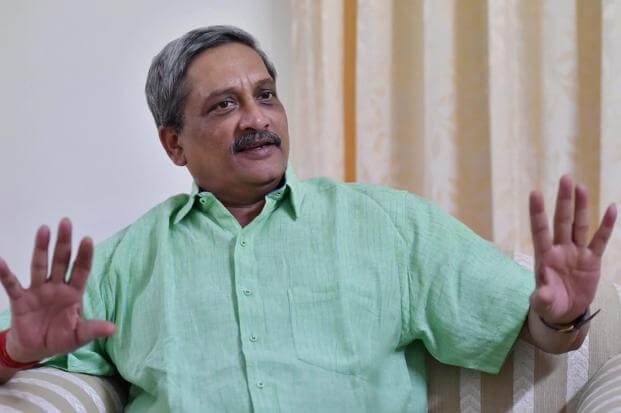
Yet, Parrikar's statement "Indian troops were like Hanuman who did not quite know their prowess before the surgical strikes" went virtually unnoticed by TV media in comparison to the storm whipped up over Rahul Gandhi's "Khoon Ki Dalali" jibe on the politicisation.
Such bias in editorialisation while eroding the credibility of the electronic media has potential for more damaging repercussions of misinformed public sentiment and incitement.


